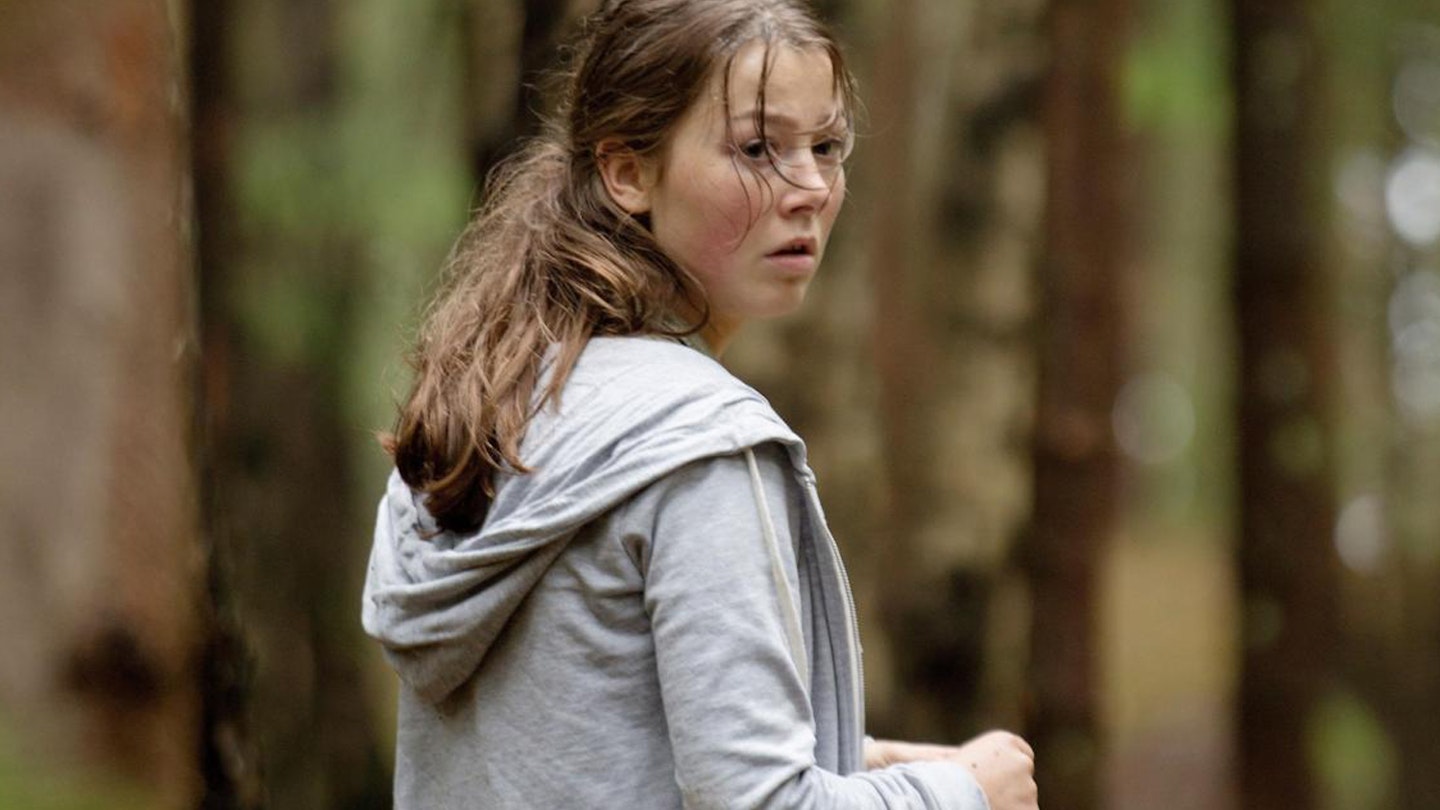In Norway, ‘JULY 22’ is their 9/11 — the day that scarred the nation’s psyche. Seven years on, some say it’s still too soon for dramatisation, yet two films have been made nevertheless — this one, by Norway’s own Erik Poppe, and Paul Greengrass’ take (22 July) for Netflix. The latter takes in multiple perspectives, telling the broader story; Poppe sticks with the children.
He begins with genuine CCTV footage from the Oslo attack, then switches to Utøya, where the teenagers have heard the news. Some are politicised, some concerned, some indifferent — they’re teenagers. And although Poppe interviewed more than 40 survivors, the characters here are fictional. But the naturalism of the cast and their chemistry immediately imbues the film with humanity, and is further heightened by the technique: one take, one shot, real time, no music. The one-and-done camera conceit (executed here by documentary photographer Martin Otterbeck) has rarely felt as justified, removing artifice as much as possible, sticking you on the island among it all. Seventeen minutes in, gunshots are heard, precipitating instant panic as the film flips: from here it is a constant heart attack. Think the climactic segment of Children Of Men, but forever. It is the constant sound of children in peril, and worse, with little respite.
The film leaves you bereft.
Yet it is respectful. This is not Battle Royale — it is consistently gruesome in its tension, but never gratuitous. Poppe has infinite opportunities to cheapen proceedings, yet he doesn’t. That’s not to say there’s no fabrication: we meet 18-year-old Kaja (Andrea Berntzen) first, and stay with her throughout — screenwriters Siv Rajendram Eliassen and Anna Bache-Wiig have her traverse the island, giving us a sense of the scope of what happened, travelling through different stories. The film does seem a little more constructed towards the end as it searches for character arcs.
This, though, is fine — it’s not a documentary, and we need something to hang on to. “You’ll never understand,” Kaja says to the camera, to us, at the start, before it’s revealed she’s on the phone to her mother. We won’t understand; such things are beyond comprehension. But Poppe wants us to feel, which can be hard to do in the face of daily global atrocities, where massacres are wrapped in politics, and victims become statistics. He succeeds — the film leaves you bereft.
The attacker is physically featured maybe three times, and in fleeting, almost abstract glimpses. He’s certainly not named — in this telling of events, he is not afforded such humanity. Time and again we hear, we say, how wrong it is to focus on the terrorists, giving them the glory they crave. That the story should belong to the victims. Over time, inevitably, that is rarely the case. For these 97 minutes at least, Poppe redresses that balance.
